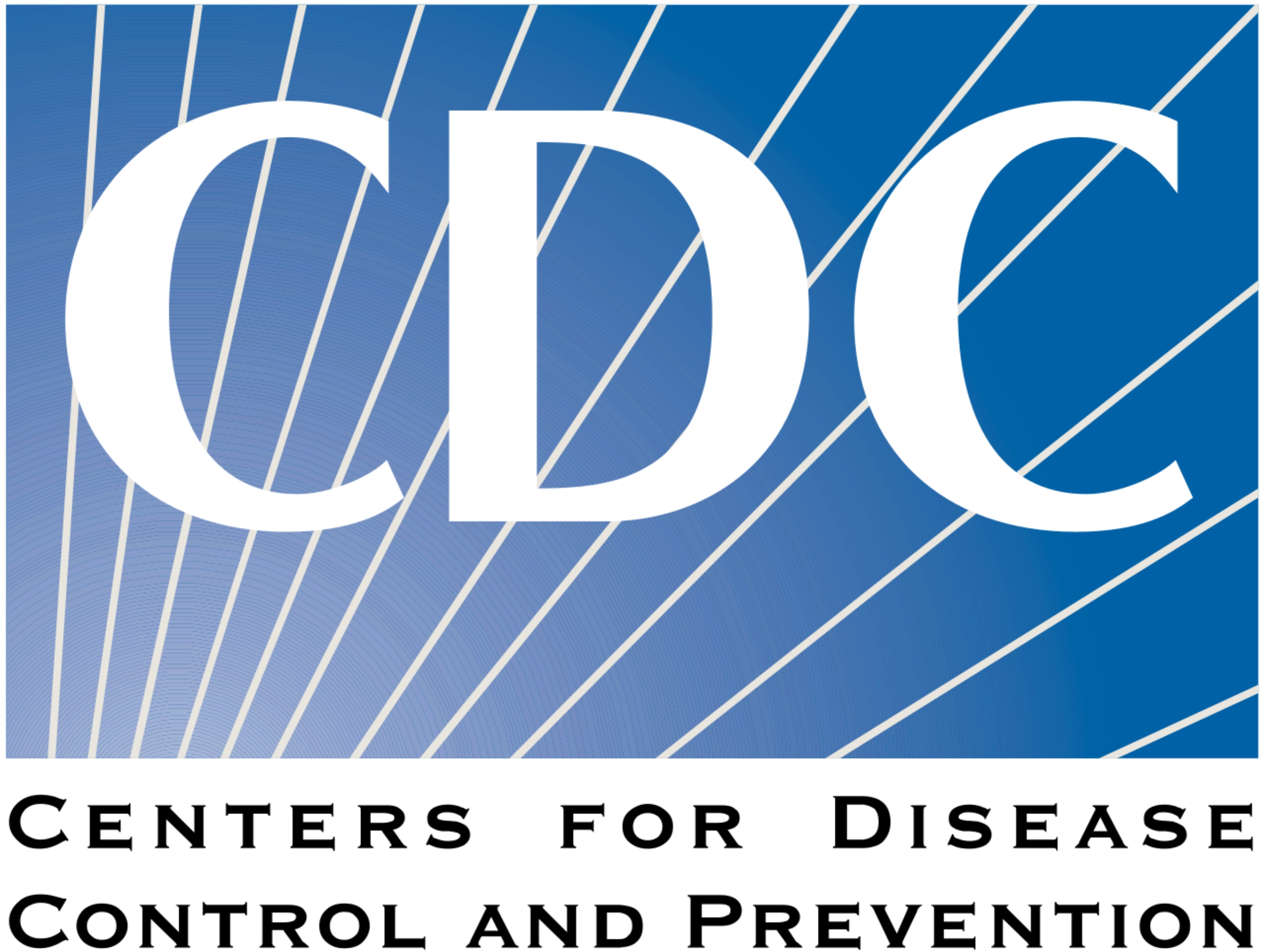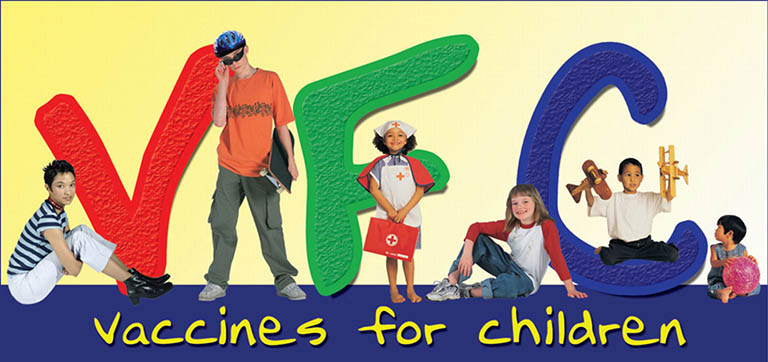Find the latest information, standards and regulations according to the Center for Disease Control (CDC) and the Vaccines For Children Program (VFC).

CDC officials approached NIST in 2009 to investigate storage and temperature monitoring issues that were causing significant losses from discarded and potentially ineffective VFC vaccines. The NIST scientists systematically uncovered key factors causing widespread problems and recommended that the efficacy of stored vaccines is critically dependent on storage and handling practices, including the use of reliable temperature monitoring methods and properly controlled storage systems.
CDC Vaccine Storage and Handling Practices:
Proper vaccine storage and handling practices play a very important role in protecting individuals and communities from vaccine-preventable diseases. Vaccine quality is the shared responsibility of everyone, from the time the vaccine is manufactured until it is administered.

A measles epidemic in 1989 – 1991 in the United States resulted in tens of thousands of cases of measles and hundreds of deaths. Upon investigation, CDC found that more than half of the children who had measles had not been immunized, even though many of them had seen a health care provider.
The Vaccines for Children Program (VFC), a federally funded program created by the Omnibus Budget Reconciliation Act of 1993 , provides no-cost vaccines to children who lack health insurance or who otherwise cannot afford the cost of the vaccination. This program distributes approximately $4 billion worth of vaccines annually to low-income families via more than 44,000 VFC providers.
Required effective January 1, 2018
The CDC Guidelines outline the minimum requirements for vaccine storage to comply with the VFC program. The toolkit outlines the minimum data logger features necessary for providers to comply with the Vaccines For Children Program.